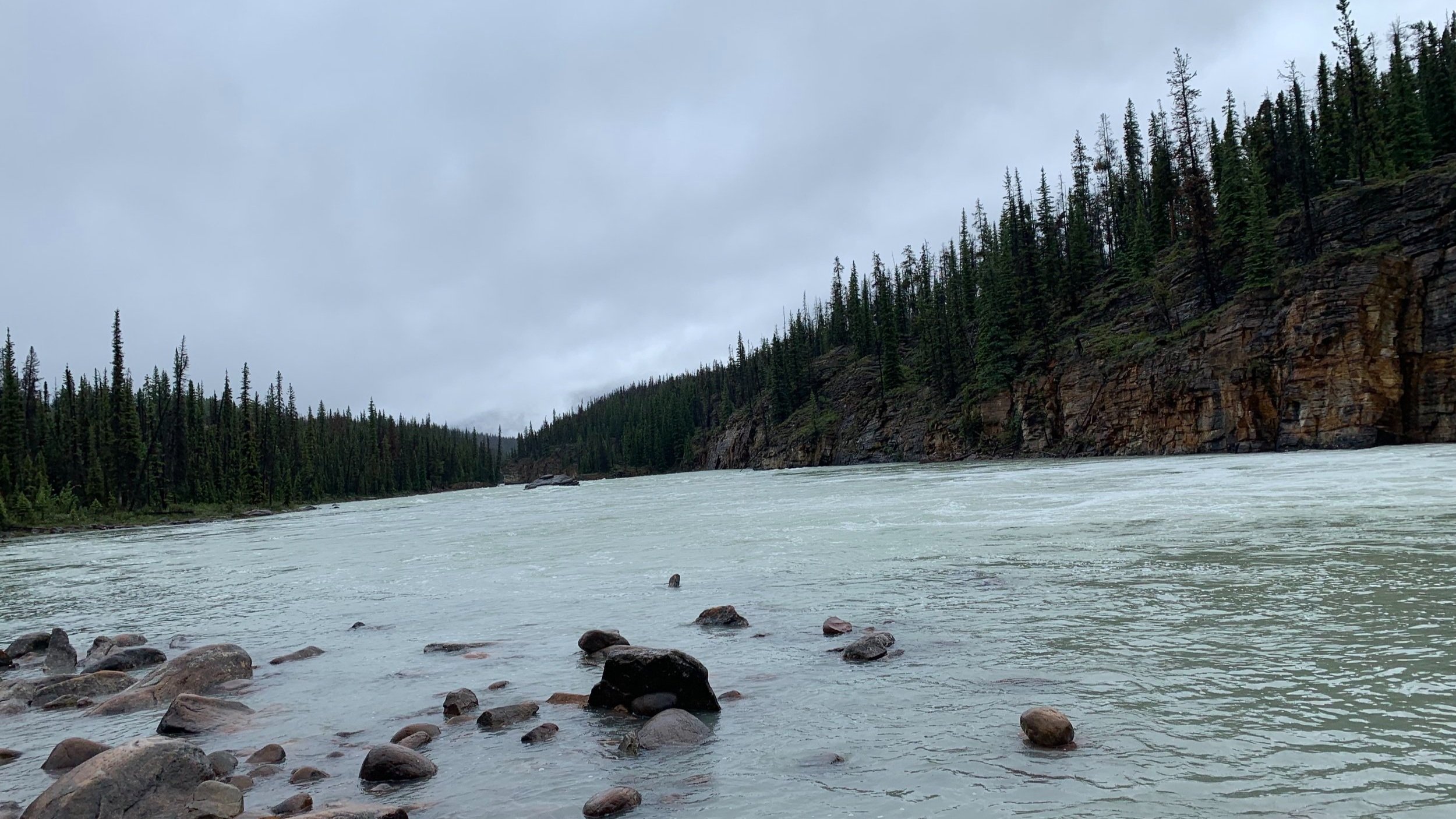Why the Need For More Indigenous Evaluators is Critical
Prior to Emergence, I worked for a tribal home visiting grant program–and had my first real experience with formative and program evaluation processes. The contracted evaluators that were hired for this grant were from outside of the community, outside of the state, and had no real familiarity or knowledge of the tribal community that they were serving beyond what was researched. Those logistics, combined with my lack of knowledge in the roles that they had been hired to fulfill left space for uncertainty and disconnect.
In many Indigenous communities, storytelling is a primary form of communication: if you aren’t willing to sit and converse with someone, to listen to their stories and share your own, it’s difficult to build any level of trust. Without building that connection first, or understanding how to speak to community members, how could these evaluators effectively gather and assess the data that was essential to understanding the program’s impact? I now realize how skewed those evaluations may have been–and wonder what consequences they could potentially have on the community.
At Emergence, we believe it’s critical that program and organizational evaluation is rooted in a community’s unique context–its cultural norms, values, forms of communication, and more. But how can we make sure that community context is part of the evaluation process?
First, we can make sure that whatever framework that is being used in evaluation is grounded in a community’s cultural knowledge–and that it reflects the lived experiences of community members. For example, recognizing that “evaluation and research practices often collide with or misrepresent Indigeous people,” the Notah Begay III (NB3) Foundation developed the Indigenous Health Model (IHM). To indigenize evaluation, the IHM directly reflects traditional knowledge, and honors “community knowledge, stories and practices that have supported centuries of resiliency and determination.”
Second, we need more diverse evaluators, from BIPOC and other communities that are underrepresented in the field. In 2022, we’re looking forward to investing more time, energy, and learning in evaluation, so that we can support our clients in truly understanding their impact in their own communities by amplifying their voices to invoke that change.
“When communities are the architects of their own evaluation approach and their own research agenda, then the measures, impacts and knowledge gained are owned by and matter to the community.”

